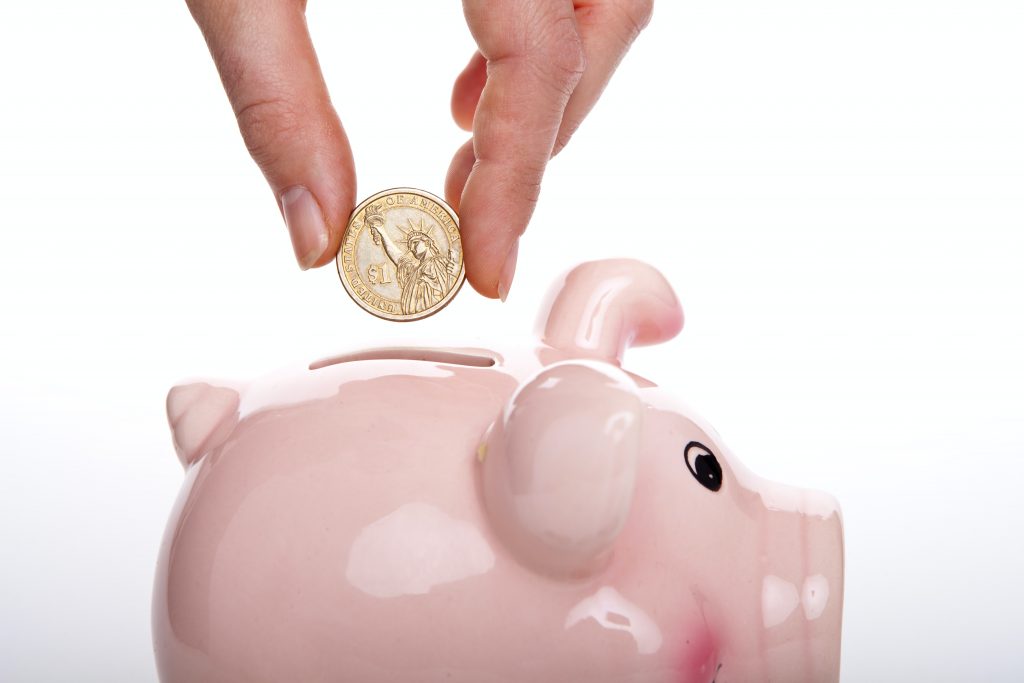The economic impact of the COVID pandemic has reinforced the importance of having an emergency fund. For those unsure what an emergency fund is, whether they have an adequate one, and when it is acceptable to use those funds, we provide an overview below.
What. An emergency fund is a reserve of money set aside for use in case of emergencies. A general rule of thumb is that an emergency fund should be able to cover three to six months of your non-discretionary expenses in case of job loss or other unexpected hardship. Non-discretionary expenses include rent or mortgage payments, utilities, transportation, groceries, basic clothing expenses, etc. They do not include entertainment and vacation  expenses (which can be cut from your budget if necessary) and generally do not include employment taxes or income taxes (since you would not have to pay those if you lost your job or were unable to work).
expenses (which can be cut from your budget if necessary) and generally do not include employment taxes or income taxes (since you would not have to pay those if you lost your job or were unable to work).
Who. Everyone. Everyone should have an emergency fund. It is particularly important for homeowners and single income households, but everyone should have one.
Where. Your emergency fund should be kept in a very liquid investment to provide for easy access without any penalty for withdrawals (e.g. a checking account, savings account, or possibly money market mutual funds, short-term CDs, or short-term, high-quality bond funds).
Why. Most people experience unexpected life events– professional, medical, or otherwise– that are detrimental to their financial resources. Absent an adequate emergency fund, they are forced to either borrow money using loans or credit cards, often paying exorbitant interest, or to withdraw money from retirement accounts, paying taxes and penalties on their withdrawals and foregoing the benefit of letting that money grow tax-deferred until retirement. We have seen these events happen numerous times to our clients. They are always difficult but can be made a bit easier if funds are available to cover the income shortfall.
When. Once you have an emergency fund, when is it appropriate to use it? In some cases, such as job loss or other catastrophe, the answer will be obvious. Other circumstances may fall into a gray area. For example, a young couple asked us recently whether it was okay to use a portion of their emergency fund for a new car purchase. They were wanting to buy a minivan for their family, did not have enough cash (apart from their emergency fund) to pay for the car outright, and did not want to take out a car loan. The comfort with which you “raid” your emergency fund should depend on:
If you have over six months of non-discretionary expenses in your emergency fund, you are saving a significant amount to it on a monthly basis, you have two earners in your family with steady jobs, and you have few risk factors, then you may feel more freedom to take some money out for a lump sum purchase than if one or more of those criteria are missing.
Feel free to reach out to us if you have any questions about emergency funds and when to use them—or if you are facing a difficult situation without an adequate emergency fund and need help figuring out how best to manage it.
If you have any questions about your financial future, we're here to help. Please use this form or feel free to call or e-mail us.
(703) 385-0870

